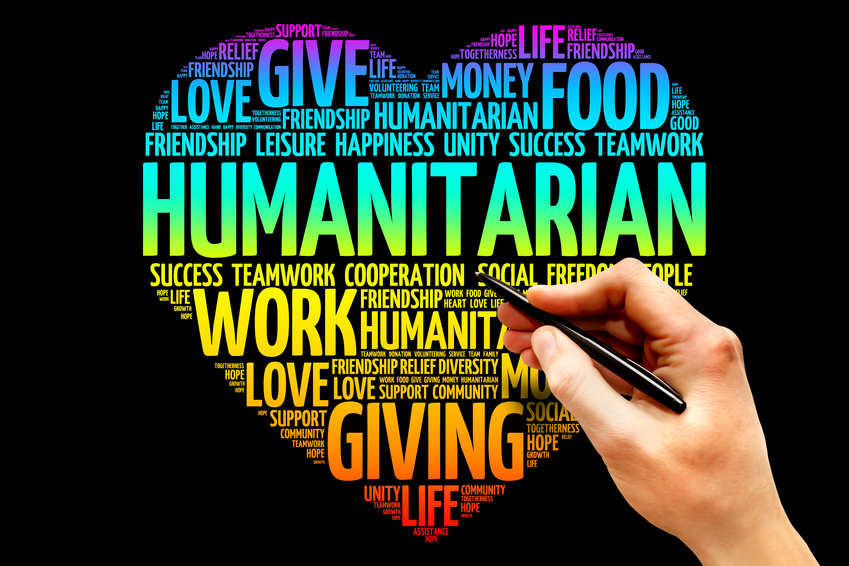Climate change is a top driver of humanitarian need and human suffering, particularly for the poorest countries. The impacts threaten to deepen already wide inequalities, resulting in consequences felt by the world at large, including instability, violence and displacement.
In a recent speech on humanitarian policy, the UN Under-Secretary-General for Humanitarian Affairs, Mark Lowcock, made the case for action to support the world’s most vulnerable communities, stressing that in 2020, 12 of the 20 countries most vulnerable to climate change had an inter-agency humanitarian appeal. He detailed ongoing and destabilizing fallout from pressures on livelihoods, water, food and health, among other issues.
“Humanitarian aid can only be a temporary band-aid – and a woefully small one at that. We need leaders around the world to take smarter decisions and make smarter investments today,” he said, offering some priorities.
First, scale up adaptation finance to prevent, prepare for, and respond to growing humanitarian crises, and to make communities more resilient.
Second, many countries are getting better at responding to climate-related disasters; the number of people killed by disasters globally has steadily declined. The world needs to continue and scale up investment in preparedness, early warning and resilience-building strategies.
Third, leaps forward in science and technology continue to improve predictions of climate-related crises, shaping anticipatory actions and allowing faster action when disaster is about to strike.
Fourth, the most vulnerable countries need greater access to contingency finance and insurance for rapid response and recovery at a larger scale.
Fifth, overlapping vulnerabilities need to be reflected in the operations of international financial institutions. As a recent IMF and World Bank report recognized, a combination of debt burdens, climate change and environmental degradation as a “systemic risk to the global economy.”
Lowcock stressed that there are far more solutions out there. “Researchers and organizers in the most vulnerable countries will have far more innovative and wise ideas than I for how to mitigate and adapt to the risks of climate change,” he concluded. “The world should listen to them.”

